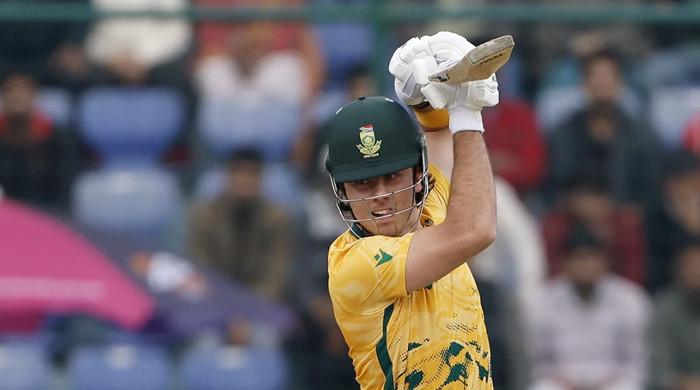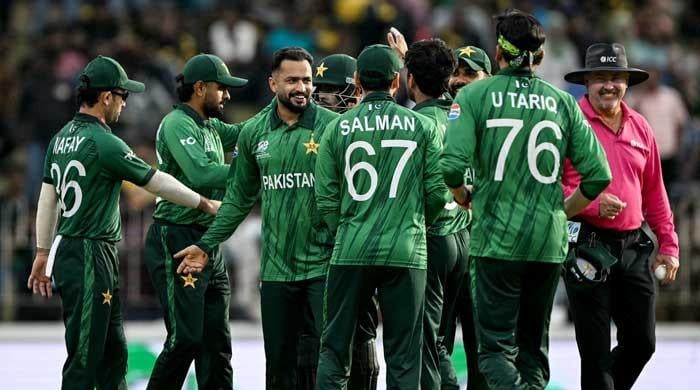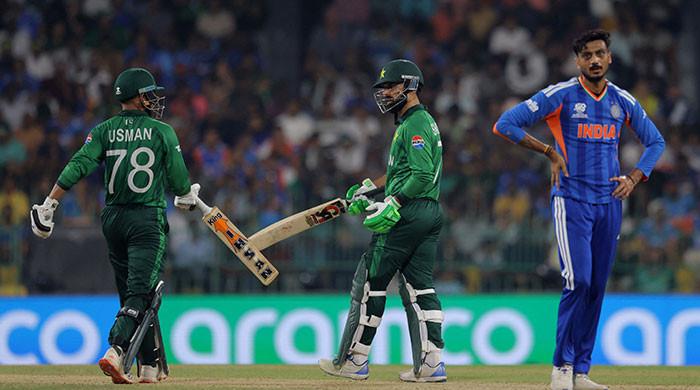Blog: Save the game!
The balance of power needs to be shifted towards bowlers otherwise ball tampering will continue
March 29, 2018
Australian Test Captain Steve Smith might have known before tampering the cherry that the ‘trouble’ to follow would be ‘easier’ for him to handle.
In a desperate attempt to win the test against South Africa, Smith, Vice Captain David Warner and Cameron Bancroft ‘played’ with the condition of the ball at Cape Town. All three were charged with conduct that was “contrary to the spirit of the game” and brought “cricket into disrepute”.
Had the ‘tampering’ been done by a non-white captain, how many years would he have to sacrifice? I was in a fix when I got a call from an Indian TV channel for an interview. They were asking for my opinion and conveyed that India and Pakistan would be on the same side for the discussion (strangely). I was relieved but the moment I saw the #PAKIAUSSIEBHAIBHAI header on the window, my focus shifted from ‘tamper’ to ‘temper’.
The question from the wannabe ‘Arnab’ further aggravated the situation. ‘You guys started tampering, you are the ones’. I could have replied with a ‘We had fast bowlers playing County long before you knew the difference between medium fast and fast’, yet my answer was, ‘tampering is not new to cricket and ‘fast’ bowlers had been doing it for years. Whoever has played in England knows it well.’
It should have been a platform where both countries should have joined hands and asked for ‘life-bans’ for the players. The chance was wasted and International Cricket Council reprimanded the players lightly. Later, Cricket Australia banned Smith and Warner for a year each while Bancroft was suspended for 9-months.
28-year-old Smith, currently the best batsman in the world would miss over a dozen ‘quality’ test matches. Along with Warner, he is out of the next edition of Indian Premier League and upcoming tours of India and Pakistan. When the ban ends next year, there would be very little time for these players to get ready for the World Cup 2019, if selected, played in England.
The punishment for the Australian trio seems more like a warning and pales in comparison to the one handed to Pakistani players Muhammad Asif, Muhammad Amir and then skipper Salman Butt. The Pakistani players were implicated in the 2010 spot-fixing scandal during the Lord's Test against England. ICC was quick to react, banning all three players.
Similarly, test career of former captains Azharuddin and Saleem Malik were ruined after allegations were levelled against them. Late South African Captain Hansie Cronje indicated that Azharuddin introduced him to bookies. Similarly, it was in 1998 that Mark Waugh and Shane Warne disclosed of providing information to an Indian bookie during the tour of Sri Lanka in 1994. They got light bans, leaving officials in an embarrassing situation, that supported the same players who accused Pakistan captain Salim Malik of offering them bribes the same year.
It took years to get ‘fixing’ out of the game. Tampering of the ball is ‘the’ issue nowadays and if not tackled in time, could spread to other countries. It’s about time for ICC’s cricket committee to make some amendments in the law, just to facilitate the fast bowlers. The balance of power needs to be shifted towards bowlers; otherwise, countries ‘new’ to fast bowling could be next in line.
Suhayb Alavi works as Senior Producer at Geo TV and can be contacted at [email protected]
Note: The views expressed are those of the author, and do not necessarily reflect the official policy or position of Geo News or the Jang Group.











